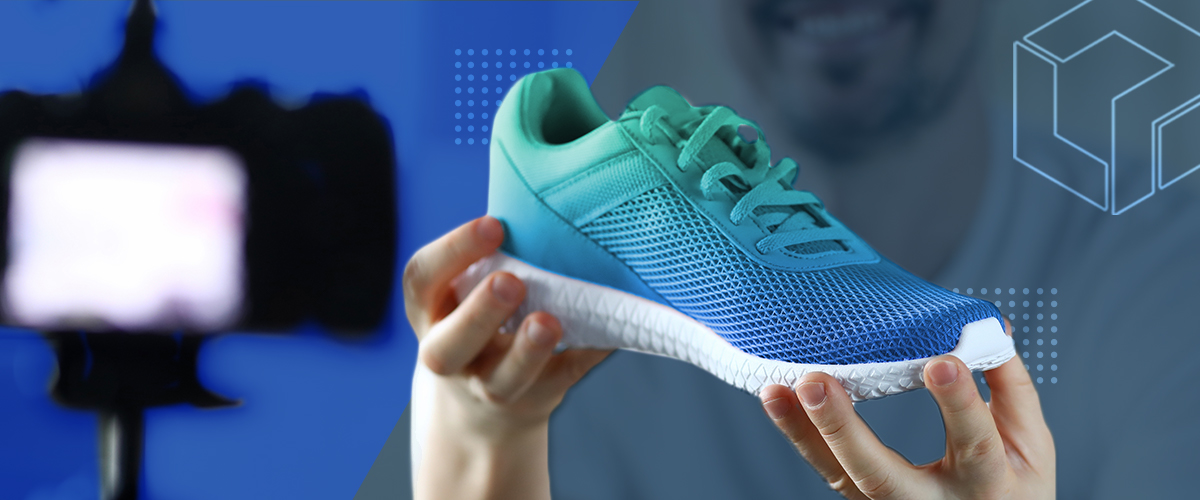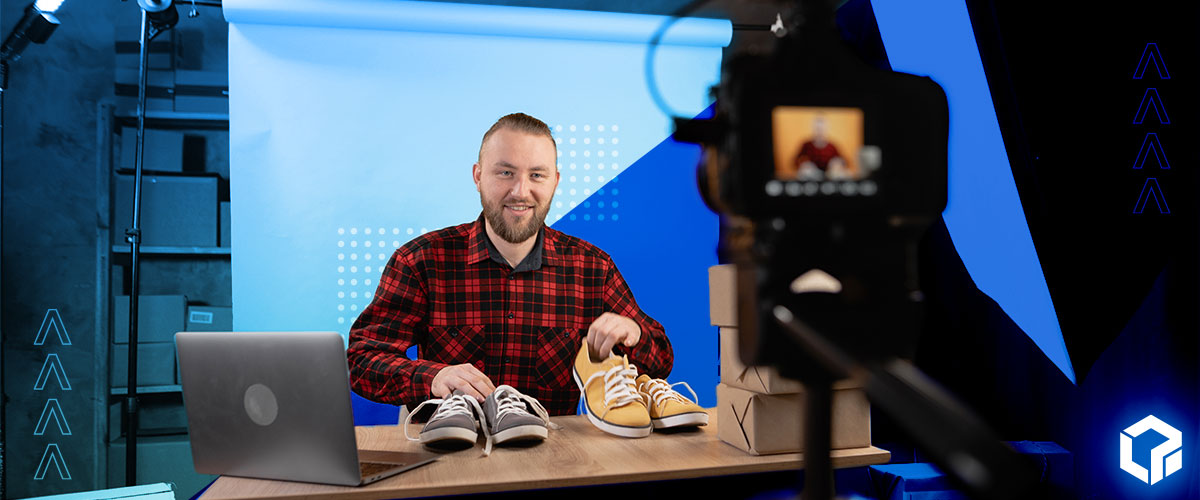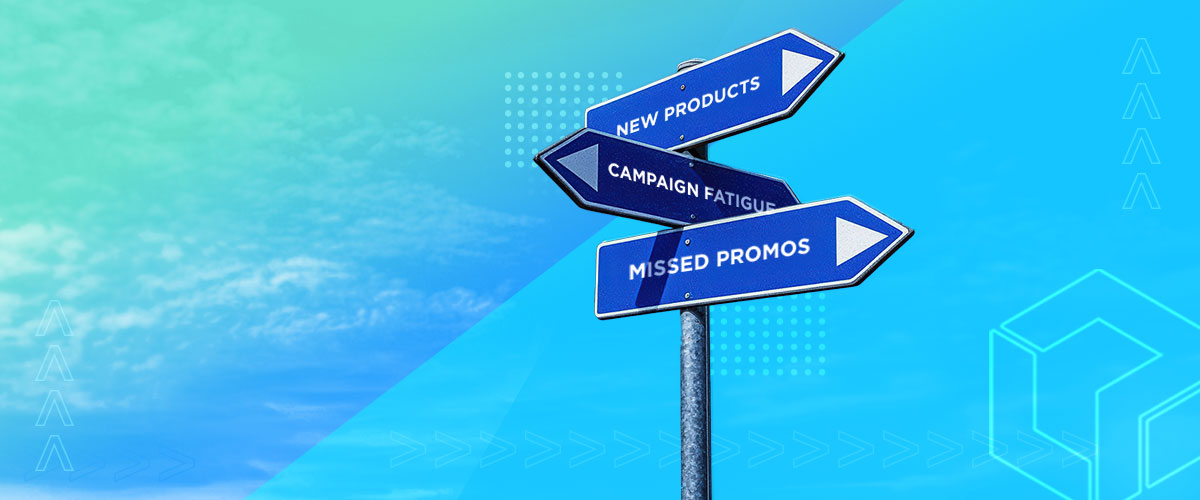As you begin to delve deep into the world of Facebook advertising, you’ll eventually have to familiarize yourself with Facebook Pixel. Failing to understand this tool will ultimately result in a campaign that doesn’t see anything close to the results it could otherwise generate. With the success of your business in mind, we created a guide outlining just a few of the things Facebook Pixel can do for your small business.
What is Facebook Pixel?
The first thing to know is what exactly Facebook Pixel is, and why it’s important. This alone is a meaty subject, as it can seem nearly impossible to understand everything the tool has to offer. Though its capabilities are many, businesses primarily use it to target customers and track their results.
Ad Targeting
We’ve talked before about targeting individuals based on factors such as age, gender, and location—among a litany of other options. Now, this is a Custom Audience, but Facebook Pixel has the ability to take your targeting even further. It will track the activity on your Facebook interactions, as well as the actions people take on your website, to decide who to show your ads to on social media. To further feed data to Facebook’s algorithm, you can even choose to target consumers based on which specific pages on your site they visited.
Tracking Campaigns
One of the most important things that the Pixel does is track the results of your campaigns. This is an incredibly sophisticated service, as it collects information on every conversion made, as well as the journey the consumer took to make their purchase. It has the ability to track what pages a consumer visited, bounce rates, and whether or not a conversion was made. This is what ultimately leads to an event, which is the Pixel’s way of relaying these activities to you.
About Events
Standard and Custom Events
In the Facebook Pixel universe, an event is when an action occurs on your website as a result of your ads, be them paid or organic. There are both standard and custom events, standard being the actions that Facebook automatically tracks, while custom events are ones you create yourself.
Standard events tend to be what you’d generally expect. The site generally logs information when a customer does one of the following actions:
- Adds an item to their basket or wishlist
- Signs up for promotional emails
- Completes a purchase
- Adds payment information
- Views a product
- Contacts your business
- Finds your location
- Books an appointment
A custom event is one you create yourself, and it’s generally recommended to create them based on what will help you collect the specific information needed to grow your business. There are a countless number of events you can create, and it takes an investment of time to learn about the possibilities and determine what you’ll want to build out. We’ll expand on events by breaking them into two categories: e-commerce and lead generation.
E-Commerce
There are three major events associated with e-commerce events, which ultimately align with The Marketing Funnel (which we outline in this blog). These three items are view content, add to cart, and purchase. When a consumer takes an action that ultimately results in a purchase, it’s an e-commerce event.
Lead Generation
Lead generation events are the ones in which the actions aren’t actual steps toward purchases, but that still trigger potential leads. Pageviews, email subscriptions, and contact us interactions aren’t actual conversions, but consumers are still engaging with your content.
Lookalike Audiences
When you set up lookalike audiences, you’re looking for individuals who aren’t familiar with your brand, but that fit the demographics of your current audience. Facebook takes data from your established audience to determine the type of people who are drawn to your brand.
When Facebook creates the perfect digital picture of your typical client using data, it has an idea of who else to target. What they’re looking for are the people who are near identical to those who’ve interacted with your website, Facebook page, or ads. When you pair this feature with the custom audience you’ve built out, you have a higher chance of attaining valuable conversions.
One useful feature of the lookalike audience tool—a feature that we highly recommend you utilize—is that you can choose the source you want Facebook to pull from. You can pull separate data from demographics such as website users, individuals that interacted with your Facebook page, or ones who clicked on an ad. This is one of marketing’s most sophisticated systems insofar as accurately targeting the right audience.
Monitoring Your Progress
When you set up Pixel and get your campaign up and running, the next natural step is to keep an eye on how it performs. Your campaign is not likely going to perform to its maximum potential if you aren’t consistently monitoring your results and making adjustments according to where you see success, as well as the areas that are lacking. Here we’ll outline the most important items you want to look at.
Tracking Conversions
You’ll be able to find your tracked conversions in the Facebook Ads Manager and Analytics dashboard. These tools work to analyze your conversions and determine your ROI. You will be able to track conversions generated by both the standard and custom events we spoke about above.
Tracking your conversions can ultimately save you money and increase your ROI in the sense that it shows you not only know what your money is going toward but what ad or event leads to these conversions. This knowledge will help you put your money where you need it to increase your profits.
What Actions do Users Take as a Result of Your Ads?
Conversions that occur as a result of an ad happen because there was something about your content that caught the attention of a user. Facebook Pixel allows you to view almost every action that an individual makes as a result of your ad. Each action can have a different value, depending on your goals, and you want to see what brings about the results that your individual business needs. This is another item we discussed when speaking about events and tracking information such as bounce rates or purchases.
You may find that one variation of an ad receives more clicks than the other, but that the former results in more actual conversions. Tracking the actions users take is what helps you create new strategies when you aren’t getting what you want out of your ads.
When You Aren’t Seeing Results
So, say you have a base understanding of Facebook Pixel yet aren’t seeing the results you’d like to. What now? We wouldn’t recommend immediately pausing your marketing campaign—especially if you’ve been running it for less than six months. You should expect to consistently experiment with your campaign to determine what works best for your business. If your ads aren’t performing as you’d like them to, consider the following:
- Your Budget: What are you putting your budget toward, and are you spending the proper amount? If you’re using your money to boost posts instead of promoting ads, we highly recommend you stop this practice. You aren’t able to use Facebook Pixel for boosting posts anyways, so this shouldn’t be an issue. You can also look at if you’re paying by impressions or clicks. You can program the Pixel to only charge you when these specific actions occur.
- Adjust Your Custom Audience: There’s a chance that you haven’t built out your target audience in a way that will best benefit your business. Make sure that your ads aren’t being seen by only a very small demographic—selecting a broader audience is usually the best action to take.
- Optimize Conversions: It’s possible that you may need to optimize your conversions. Facebook’s algorithm is so advanced that it can target individuals that are most likely to complete a specific action. Your first instinct may be to have the Pixel display ads that are most likely to make a purchase, but this may not be the best option in that Facebook may not have enough data to know who to show this ad to. If your selected optimized conversion isn’t working for you, try to take it in a different direction.
- Adjust Your Content: This is one of the best steps you can take. The content you create is what’s going to ultimately determine whether or not a customer interaction will occur. Try switching up your visuals, adding videos to your ads, or adjusting your Call to Action. If you aren’t seeing the correct results, your content should be one of the first things you look at.
How Logical Position Can Help
Facebook Pixel is a huge tool, and a significant amount of time can go into understanding and management of it. Though we’ve hopefully provided a helpful outline of the tool, we’ve merely scraped the surface of all it’s capabilities. It’s for this reason many business owners put their paid social media management in the hands of a professional.
Our mission at Logical Position is to help small businesses be the best they can be, and we have a team of trained professionals that can help achieve your business goals. When we manage your Facebook, you’ll still have full access to your entire campaign. We recognize that our relationship with our clients is a collaboration, which is why we won’t withhold any information about your campaign. Visit our paid social media page to learn more about how we can help your business.



